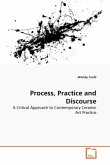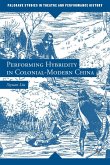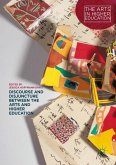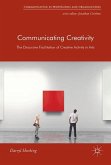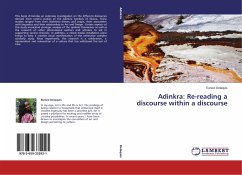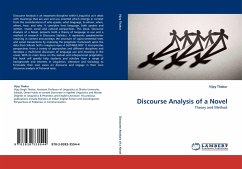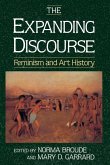This book is an investigation of the discourse of
gender in
relation to the work of Michel Foucault, Susan Bordo,
Judith Butler
and the artists Louise Bourgeois, Fiona Hall, Jo
Spence and Neil
Emmerson. I have applied Foucault's notion of the
formation,
necessity and operations of discourses as the basis
from which ideas
can be articulated, and context within which notions
of gender are
formulated and challenged. I examine the processes in
discourses, such as the imposition of disciplines to
control the
subject, which in turn are inscribed in the body of
the subject by the
subject, as they begin to perceive and define
themselves in terms of
the disciplines. I use this theory on the
relationship between
discourse-power-knowledge to analyse my work and that
of the
artists mentioned. The work of each artist is
discussed in terms of
the discourse of gender and the basis from which they
critique its
power, its effects on bodies and forms of
representation through a
marginal discourse. For the purposes of my work, the
conclusion
reached is that to disrupt the discourse of gender
entails a continual
questioning and awareness of its 'truths,' processes
and effects.
gender in
relation to the work of Michel Foucault, Susan Bordo,
Judith Butler
and the artists Louise Bourgeois, Fiona Hall, Jo
Spence and Neil
Emmerson. I have applied Foucault's notion of the
formation,
necessity and operations of discourses as the basis
from which ideas
can be articulated, and context within which notions
of gender are
formulated and challenged. I examine the processes in
discourses, such as the imposition of disciplines to
control the
subject, which in turn are inscribed in the body of
the subject by the
subject, as they begin to perceive and define
themselves in terms of
the disciplines. I use this theory on the
relationship between
discourse-power-knowledge to analyse my work and that
of the
artists mentioned. The work of each artist is
discussed in terms of
the discourse of gender and the basis from which they
critique its
power, its effects on bodies and forms of
representation through a
marginal discourse. For the purposes of my work, the
conclusion
reached is that to disrupt the discourse of gender
entails a continual
questioning and awareness of its 'truths,' processes
and effects.


